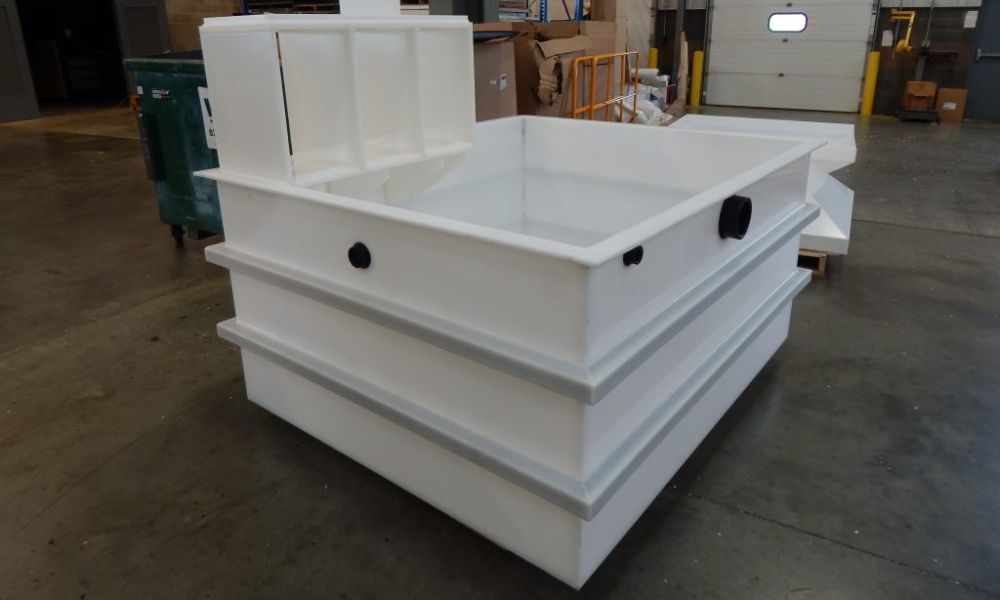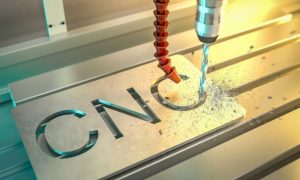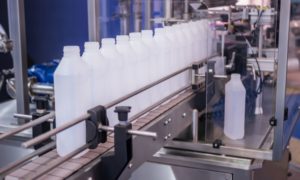Plastic tanks are great for storing liquids and chemicals for transportation and use, but you need to be careful. Some plastic tanks don’t work well with certain chemicals as they weaken the walls of the tank and leak. Here are some chemicals you should never put in a plastic tank.
Polyethylene Tanks
Some of the most common storage tanks you’ll find are polyethylene tanks, which are great for storing many inorganic chemicals. This is why they’re so popular for custom water tanks. But you can’t put certain chemicals in them without causing serious problems.
Gasoline and Kerosene
One big problem with these tanks is their inability to discharge static electricity safely. This makes storing anything with a low flash point very dangerous as it may catch fire. Never store anything like gasoline or kerosene in these tanks.
Alcohol, Methanol, and Isopropyl Alcohol
Because of the unique chemical structure of polyethylene tanks, they aren’t a great choice for storing chemicals with similar structures. Many forms of alcohol can permeate the material and leak through the walls of the tank.
Polypropylene Tanks
Polypropylene tanks are great for containing alkaline solutions, jet fuel, and many other chemical compounds. However, these tanks will break down if you put the wrong chemicals in them.
Concentrated Benzene
While polypropylene tanks are resistant to many chemicals, concentrated acids are a bit too much for them. You’ll need certain special containers for a lot of these chemical mixtures as they’ll damage most containers. Benzene is one of the concentrated acids you must avoid putting in a polypropylene tank to avoid issues.
Toluene Acid
This is another common chemical you should never store in a polypropylene tank. You’ll want to find special containers to hold these chemicals without issues. Otherwise, you run the risk of the acid eating right through the tank and causing all sorts of problems.
We can’t point to one single chemical that doesn’t mix well with plastic tanks, as each tank is different. Some are great for storing chemicals that other tanks can’t handle. However, this look at the more common plastic tanks can help you avoid some of their common chemical incompatibilities.




